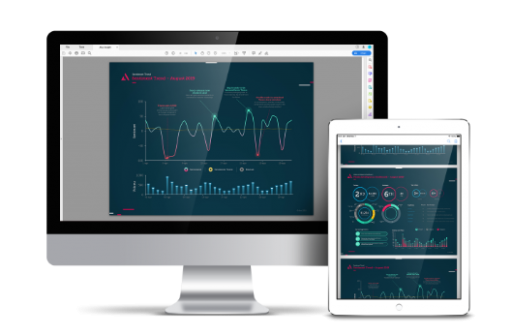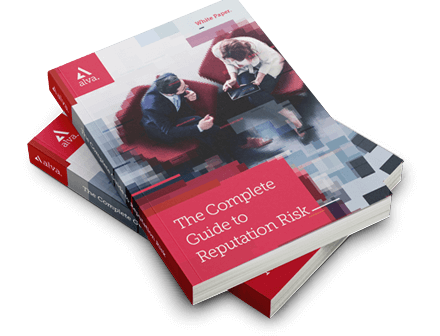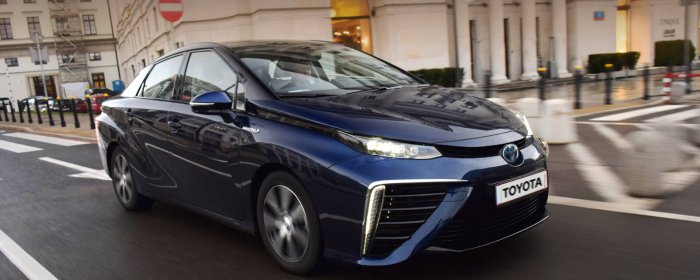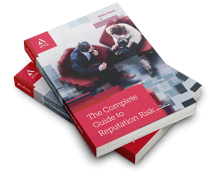Reputational opportunity and the art of competitive differentiation
In the realm of reputation, it’s easy to believe that negativity rules, and that the key to success lies in avoiding reputational risk – the ever-present danger of damage to your organisation’s hard-won image, and its inevitable fallout. But reputation, when effectively tracked and analysed, can also provide opportunity – to increase your organisation’s strength, reach, popularity and profit. But to take advantage of this opportunity, you must first identify your areas of competitive differentiation.
One of the benefits of better understanding stakeholder perceptions of your organisation is recognising what they like about your organisation, what they believe you do well, and ultimately, based on these strengths, what makes you stand out: in other words, your competitive differentiation. Then comes the chance to leverage greater reputational opportunity, which in turn helps to build reputational capital.
Finding out what wins stakeholder approval is relatively easy: but many companies get caught up in bandwagonism: over-indexing on the same ‘key’ trends as everyone else in their space. It’s no use flaunting your adoption of AI and machine learning; drilling down on the future of work and digitisation; or publicising your sustainable goals in order to stand out from the crowd if your position on these topics is not seen as credible, longstanding or indeed authentic.
Sustainability is an oft-bandied word these days, but it was less overused when Paul Polman became CEO of Unilever in 2009. Although rooted in a history of social good – its first product was packaged soap bars aimed at reducing poor hygiene and child mortality – the company had lost its way in the search for shareholder returns. Polman instituted the ‘Sustainable Living Plan’, a programme of responsible capitalism that would not just benefit the company, but wider society too – sustaining both profits and the planet. His target was to double revenue while halving Unilever’s environmental impact. The company’s annual revenue for 2018 was $50.98bn, up from €39.82bn in 2009, and in 2019, it was named top company in the Globescan survey of 1,000 sustainability experts, for the eighth consecutive year.
While Unilever was proving that you can both protect the planet while also making money, Patagonia set out to show that consumerism can also be sustainable, publicising its aim to make a positive impact on society, its employees and the environment. Sustainability is part of its heritage: in 1986, founder Yvon Chouinard committed 1% of sales or 10% of profits – whichever was greater – to environmental activism.
Unlike the fast fashion model espoused by its competitors, Patagonia commits to producing clothing from sustainable – even recycled – materials, keeping waste production to a minimum, and designing items to last as long as possible. Instead of giving customers the next must-have item, Patagonia has crafted a reputation for durable garments that don’t weigh on the conscience. It resonates: between 2009 and 2013, the company doubled its revenue to more than $500m and by 2016, it had surpassed $800m.
As Unilever and Patagonia demonstrate, companies wanting to credibly differentiate themselves in the eyes of their various stakeholders need to understand how they are unique, rather than jumping on a passing bandwagon.
Take an introspective view, reflect on your values, what you stand for as an organisation, where your heritage lies. Then listen to external stakeholder perspectives, and discover where you are competitively differentiated. And finally, use that difference to cultivate a unique position over the longer-term.
Be part of the
Stakeholder Intelligence community











